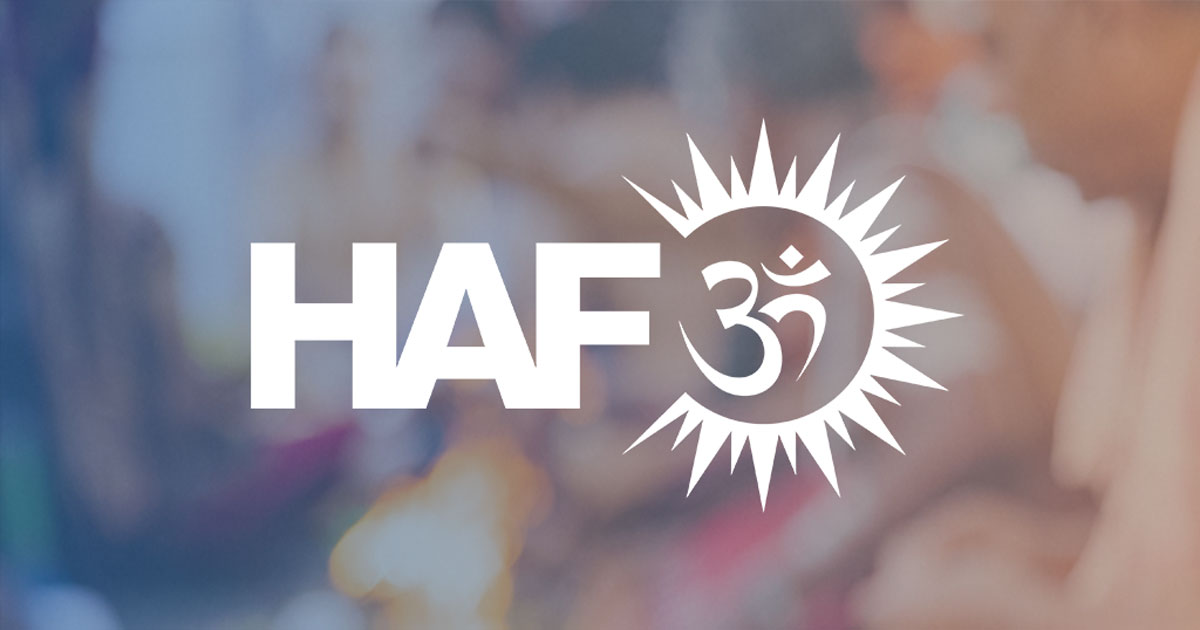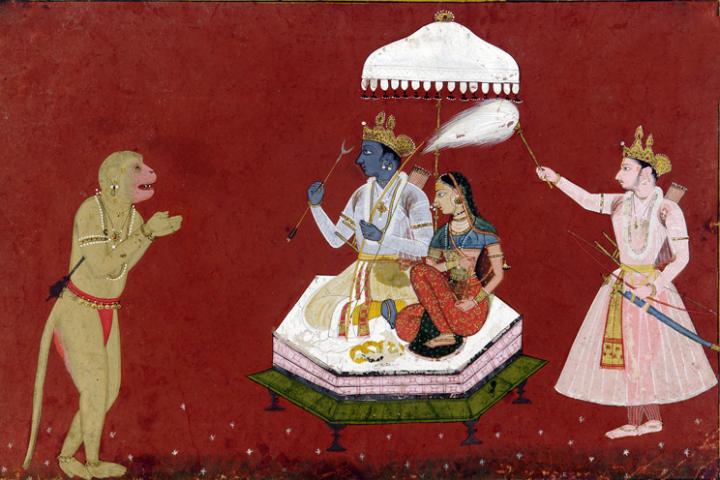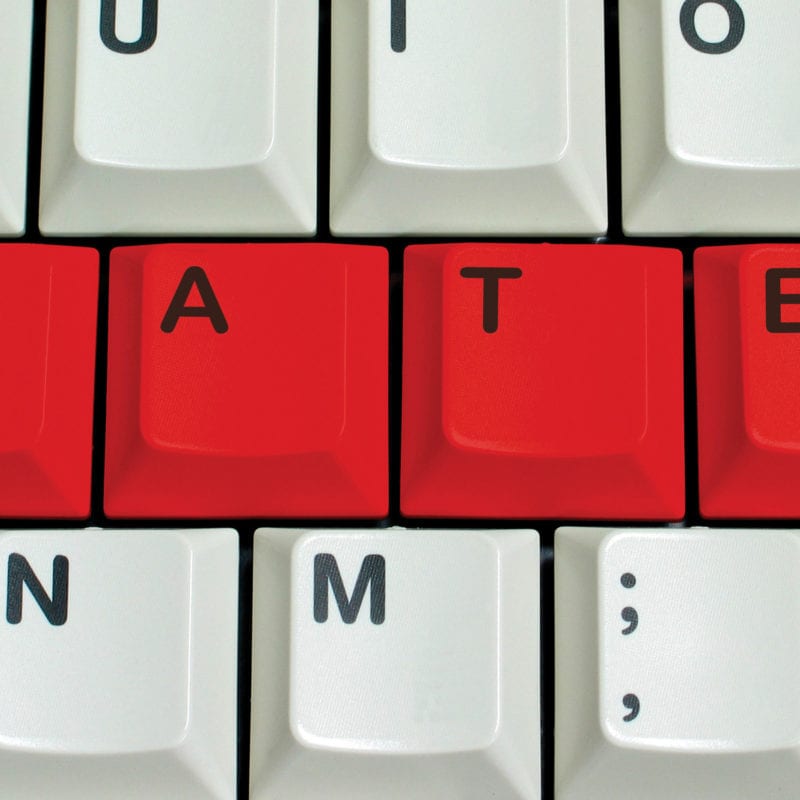
Are social media tools a blessing or a curse for people of faith?
Should we use digital technology to commune with the divine?
Does God tweet?
It was only this weekend that I had the distinct fortune of hearing an inspired talk by the revered Swami Dayananda Saraswati, convener of an apex body unifying many of Hinduism’s most respected spiritual leaders. There was one line that struck me: “Hindus don’t believe in one God. They don’t believe in many Gods. Hindus believe IN God.”
He refers, of course, to the omnipotent immanence of God that defines a Hindu view of the Divine. God is everywhere, in everything and every creation that man myopically calls his own. Whether it be Facebook, Orkut, Twitter or SMS, God is listening. Excuse the tautology, but we all know that the medium of prayer is irrelevant, it is the sincerity, surrender and devotion of the aspirant that counts.
Now, I heard Swamiji’s lecture in person at the Hindu Temple of Minnesota. But I could have easily caught his lecture and many others in the comfort of my home via the magical medium of podcasting. A trip to the temple required effort and expenditure of time and gas. But I went nevertheless. Innately we realize there is no substitute for a personal encounter to bask in the radiance of someone in close communion with the Divine.
Every Hindu may dream of visiting the holy temple in Tirupati or the Shiva and Vishnu temples of Benares and Rishikes h– all in India. And the magic of the internet allows a virtual darshan, or vision, of the Divine at any time of my convenience. But millions still eagerly embark on the arduous journey — high into the Himalayas — knowing that the monitor poorly replicates the splendor and majesty of personal experience of God’s very presence. A holy place to a Hindu, carries a vibration that syncs with one’s soul and cleanses a consciousness as nothing else.
A temple or home altar offers meditative silence, representations of God that inspire and fellowship with like minded seekers. Still, for a Hindu, prayer, meditation and yoga, are tools for self-realization. Salvation lies within and nowhere else. If a podcast, television sermon or forwarded email helps one go within during quiet contemplation, then any medium is ideal. Ultimately, that’s the real test — whether technology is used in a way that truly helps our inward journey.
But to some degree, aren’t Tweets and Facebook and other social networking site driven by ego? “Look at me,” “listen/read what I have to say,” “follow my tweets,” “look at how clever I can be about what it is I’m doing right now.” Me (ego), Me (ego), Me (ego). The narcissism inherent to networking content is difficult to ignore. While a spiritual Tweeter with a million “followers” has his ego puffed up by his following, that’s bad for him, although it may be quite good for his followers who practice the teachings.
It was with some discomfiture that email and the internet invaded my medical practice. I routinely respond to emails from patients and their families. The health care bills the House and Senate propose would likely encourage such traffic as a way to increase efficiency and cut costs — and physicians may embrace it if the legal liability could be controlled.
But while I worried initially that email traffic would separate me from my patients, reduce income by affecting clinic visits or allow a major patient care issue to be missed, none of those concerns have materialized. Rather, the tool has allowed me to remain accessible and stay in the loop if an untoward complication affects a surgical patient of mine. I could also save the family a long visit in my waiting room for a truly minor issue In the end, patients still fill up my clinics and take the time to visit — they feel immeasurably reassured after their doc just took a look at that “little” problem in person.
Temples and churches need not worry, the faithful will come to commune in person always. So tweet away and text away to the Lord, and do your online darshan to your heart’s content. God only knows…the more we pray/tweet to the Divine, the less our minds are occupied by the utterly prosaic ways of the mundane world.








































